LinkLiving transforms young people’s lives through innovative new programme
Health and wellbeing charity LinkLiving is turning young people’s lives around thanks to its innovative new ‘Steps To Resilience’ programme.
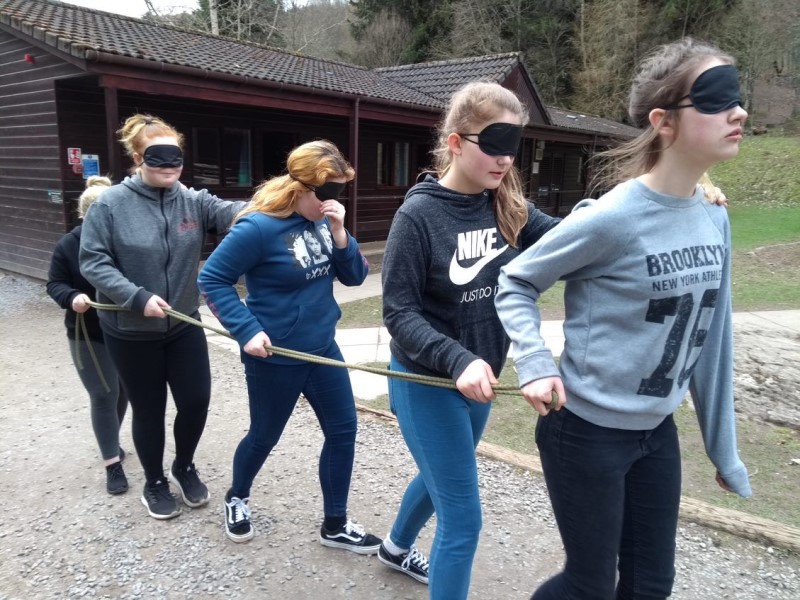
Young people who have experienced trauma in their life are struggling with poor mental health and/or are experiencing inequality and isolation can be referred on to the course in a variety of ways.
There are two programmes. One is specifically for young people who are struggling to attend school due to mental health issues. The other is for 16-25-year-olds, where a young person can refer themselves or be recommended by a social worker, homelessness prevention officer, the Scottish Government’s Developing Young Workforce (DYW) programme, or another local charity or organisation.
The charity has run eight of these personal development courses to date for the two age groups – 14 to 16 and 16 to 25-year-olds, and they are currently launching new courses in Fife and Falkirk. The courses are funded by a National Lottery Young Start grant, Cash Back for Communities and the John Scott Charitable Trust.
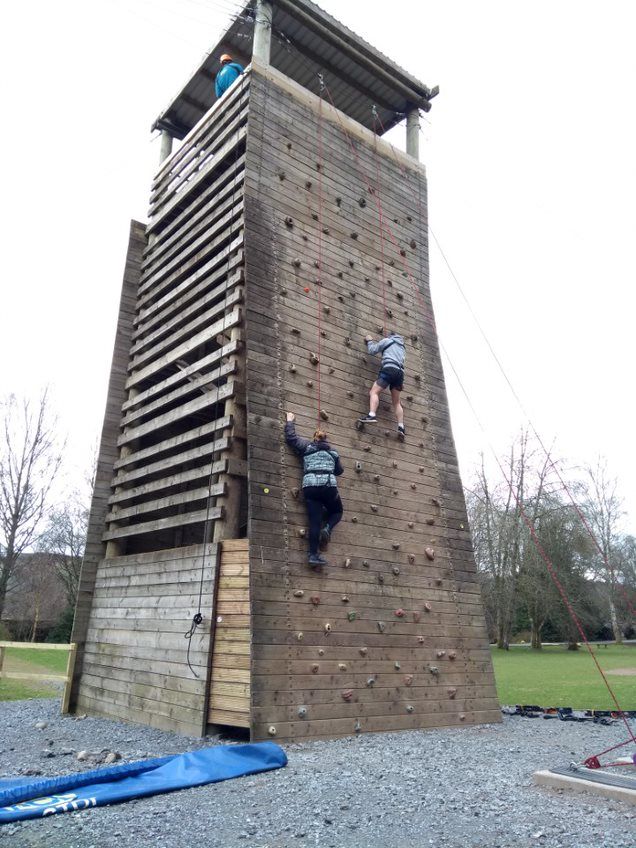
A phenomenal 90% of participants on the first Falkirk-based course in 2018 have moved on to positive destinations (full-time employment, further education, volunteering) and they reported increases in confidence and self-belief, life skills and the ability to manage stress and anxiety. They also received support to engage with other local services to help them in different ways.
Steps To Resilience has been so popular that LinkLiving can’t meet the demand, they already have a substantial waiting list, so the charity is now seeking additional funding to roll this out to more young people in Falkirk and Fife and potentially extend into other areas in East Central Scotland such as Edinburgh and Clackmannanshire where there is huge interest in the programme.
Marc Aitchison from Falkirk was referred on to the Steps To Resilience programme by his school as an emergency after he attempted to take his own life.
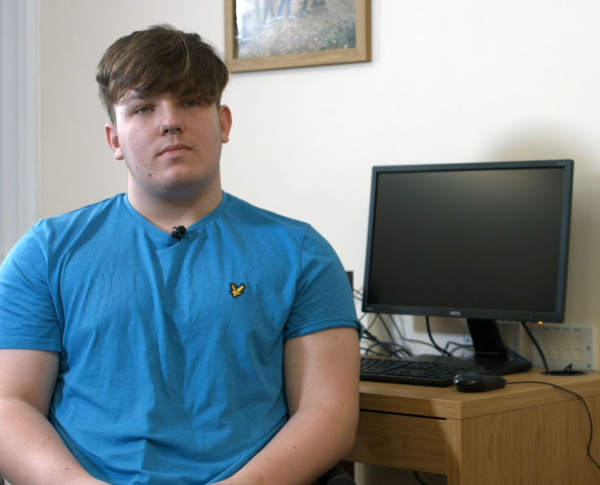
Marc Aitchison
Mr Aitchison said: “Talking to someone who has experienced similar things such as depression really helps, because they understand exactly how you feel. I’ve learned a lot about mental health through this course and I’m better at coping with my emotions. This course has helped me to make a new part of my life, a healthier part, and it’s given me the drive to keep going and hope for the future which I didn’t have before.”
Becky Hudson from Fife was volunteering with one of the Steps To Resilience tutors when he suggested that this course could help her. She’s had severe anxiety and depression since she was a child which resulted in her being housebound for several years because she was too scared to use public transport.
She said: “When I came to LinkLiving I was accepted and encouraged to be who I am. Now I’m on the buses all the time and that’s due to Steps To Resilience.”
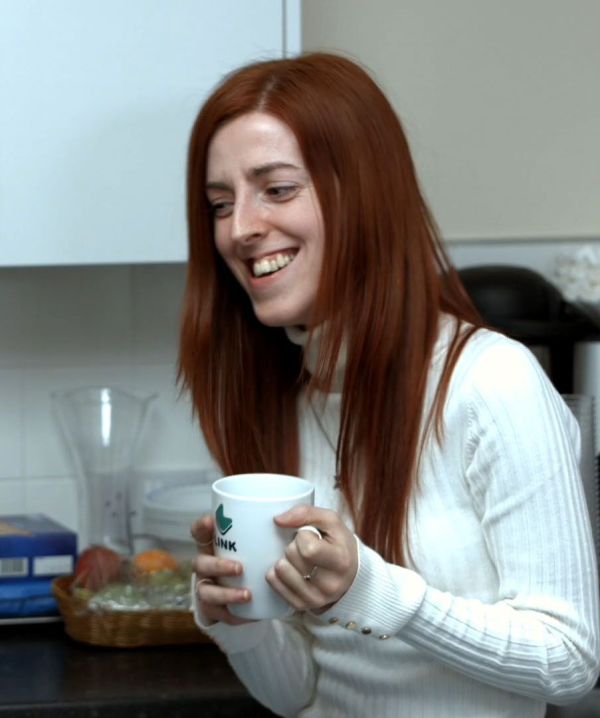
Becky Hudson
Sarah Smith, chief executive of LinkLiving, said: “Our aim is to help young people break the negative and destructive cycles of behaviour that they may have fallen into because they have never had the support they needed previously to cope with trauma and disadvantage in their life. This includes helping young homeless people and those who are coming out of care to develop personal resilience, which involves developing practical and emotional skills.
“We provide truly person-centred support, helping young people to become more employable by offering volunteering opportunities and the care and support they need to move on positively in their lives. These young people already show a high level of determination, they have already survived a host of adverse circumstances.
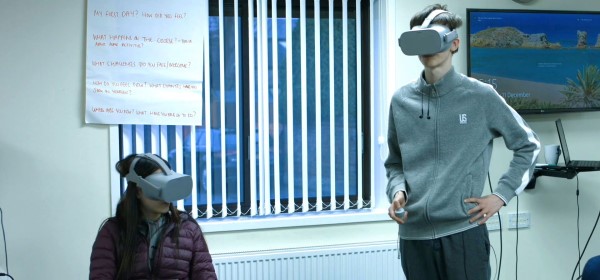
“Steps To Resilience helps these young people to channel that energy in a positive way by nurturing their qualities and skills to help them make better life choices and a brighter future.”
Young people who may benefit from this course includes those who have had adverse childhood experiences due to disadvantage and social exclusion.
This could be due to homelessness, abuse, mental and physical health issues, bullying, being in care, poverty, illiteracy or living in a drug and/or alcohol abuse home environment.
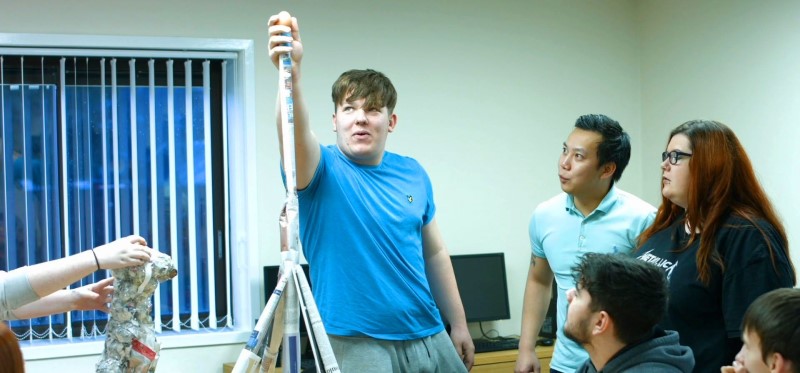
Ms Smith added: “These factors can result in low self-esteem and confidence, poor mental health and a pattern of self-destructive behaviours, all of which can negatively impact on a person’s ability to manage their life practically and/or emotionally.
“They may struggle to establish positive relationships, to cope with change, or commit to training or employment and without the right help and support this can have a devastating impact on their life and lead to a bleak future. Our aim is to help young people to have the best life possible.”








